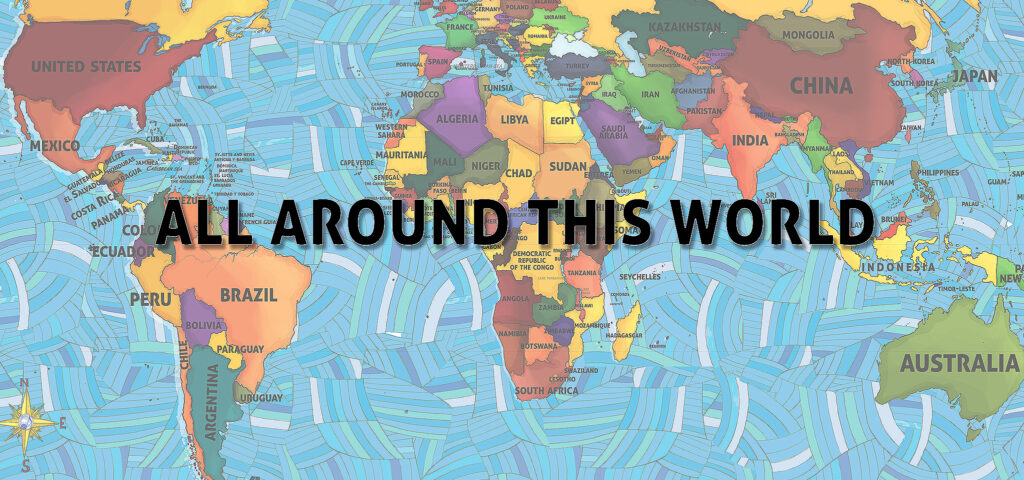In Turkey the language you speak is not merely the language you speak; instead, your choice of language as a citizen of Turkey speaks volumes about your politics, history and ethnic identity. Especially if your language of choice is Kurdish.
More than 90% of people in Turkey speak Turkish as their primary language, and that’s not just happenstance; the Turkish Constitution confirms that “no language other than Turkish shall be taught as a mother tongue to Turkish citizens at any institutions of training or education.” While you may hear dozens of other languages when you visit Turkey–among them are Dimli, Kabardian, Adyghe, Kirmanjki and, lest we forget, Hértevin–the country’s main linguistic challenger, and the preferred language of up to 10% its population, is Kumanji (Northern Kurdish). Modern Turkey has never welcomed the Kurdish language, and especially forbade teaching of Kurdish in Turkish schools; Turkey only legally allowed people to speak Kurdish in public in 1991. Turkish Kurds and their advocates have long decried this as a conscious policy of ethnic manipulation; some even call it “linguistic genocide.” Turkey’s complex Kurdish-language policies play a key role in the nation’s
negotiations to join the European Union, and consistently merit comment in the E.U.’s
evaluations of Turkey’s progress toward accession. For example, despite some public advances, the 2010 European Commission’s Progress Report on Turkey (read a pdf of the report) expresses its ongoing disappointment with Turkey’s handling of the Kurdish language in a clear, albeit understated way: “Full respect for and protection of language,
culture and fundamental rights, in accordance with European standards have yet to be fully achieved.”
Intending no slight to the Kurds, in class we’re going to say hello and goodbye in Turkish:
Hello: Selam (“hi”)
Goodbye: Güle Güle (says the one who stays behind)


Comments are closed.